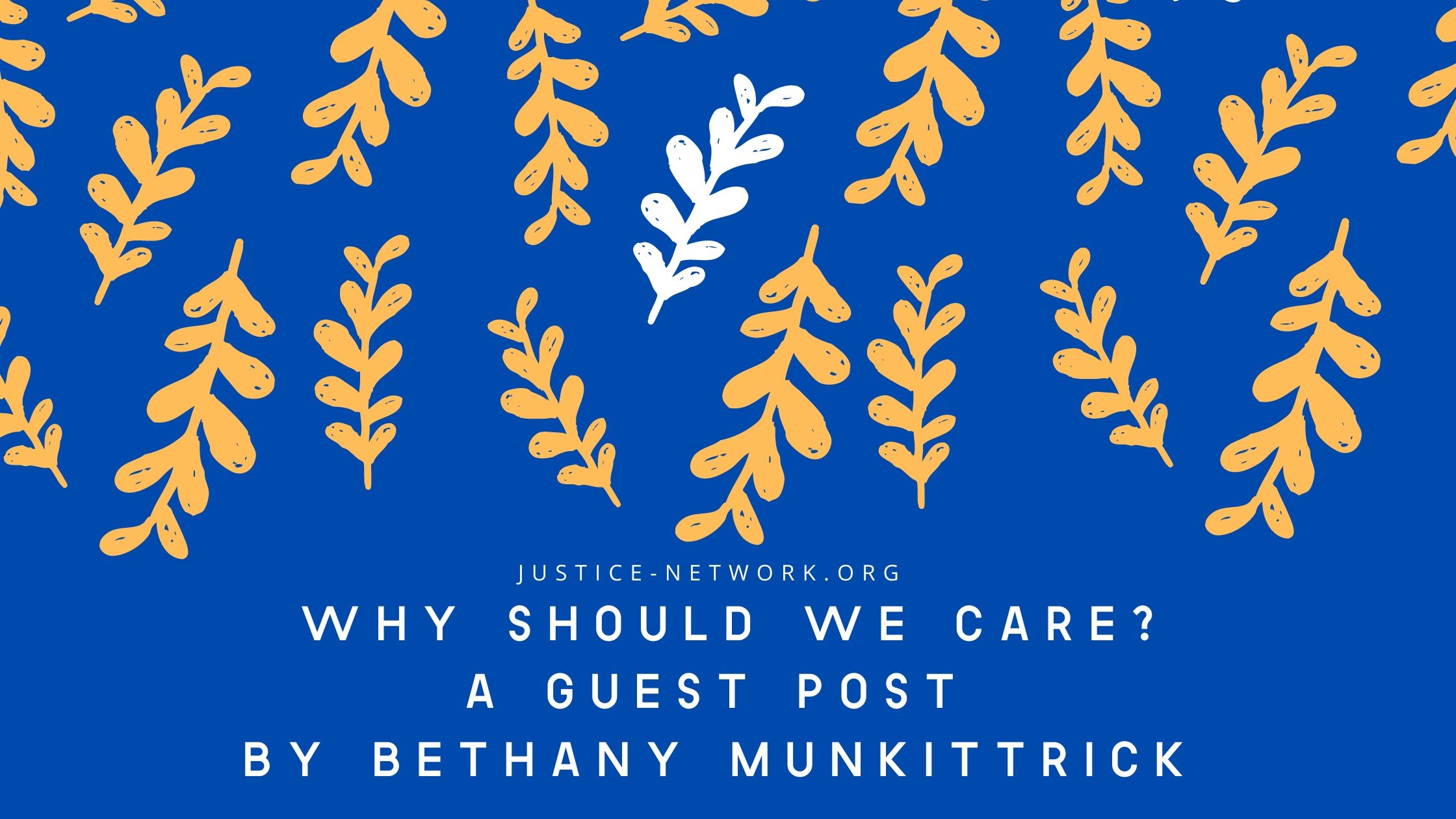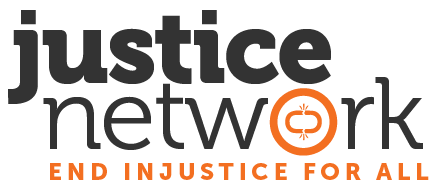
We would like to give a special “thank you” to Bethany Munkittrick for writing this beautiful guest post.
Photo credit: Ben Munkittrick

Earlier this year, COVID-19 made a crash landing onto the surface of our lives, but it hasn’t stayed there. For many of us, the consequences have seeped beneath the surface, invading our hearts, minds and worldview in unprecedented ways. For some, the consequences are devastating and outright dangerous.
There’s been a recent rise in human trafficking, internet exploitation and domestic violence. The facts scream on our screens and we cannot afford to look away.
For these victims and for those vulnerable, why should we care?
There are some obvious reasons. We should care because:
• Human beings are made in the image of God.
• We should respect each other.
• It’s an injustice.
These reasons are wholeheartedly true, and I’d like to present one more reason why, one that may not be as obvious.
We should care because we were made for relationship.
God created us in and for relationship, and it’s through relationship where we come to develop and understand who we are. In her book This Too Shall Last, KJ Ramsey writes, “We were made for communion, and our bodies, brains, and even the most primal patterns of human development show relationships are the center of our existence.”
This matters because we know that we are born with a need for connection. God designed us this way! When we experience healthy relationships, we thrive and grow closer to God’s perfect intention in and for the world.
This sounds great in theory, but what if our relationships are toxic? What if the foundation for our relationships, our main fountain for connection is rooted in manipulation and interrogation? For those trapped in the trenches of human trafficking, this is reality.
The weight relationships carry in our lives is immense, and because they are so vital, it’s difficult to imagine the devastation that comes from having a person’s source of intimacy and connection be abusive, degrading and divisive in more ways than we’re comfortable acknowledging.
Ramsey continues by writing, “Our relationships shape the story we live, not just the one we speak with our lips but the one we feel in our bones and believe when we’re most broken.”
We should care because our relationships shape the story we believe about ourselves, the story we live out and the narrative we cling to when we’re at our breaking point.
We should care because the story that victims are living out is not the true story. I can’t speak to the specific stories that victims are living out because every story is different. I can assume it’s not one of love because relationships shape the story we live and the relationships that men, women and children are inhabiting in human trafficking are brutal and toxic.
We should care because in one form or another, these same men, women and children are crying out from the swamp of toxic and perverted relationships, “Can you see me?”
Might we be brave enough to look for them. See them. Say to them, “I know your true story. And your true story is this: Love is the reason for your existence. Love is your true identity. Love is your name.”

Bethany Munkittrick is a writer from Ottawa, Ontario where she lives with her husband, Ben. You can find more of her writing here: https://pursuitofgold.weebly.com/.
If you are interested in submitting a guest post for Justice Network, please email info@justice-network.org for our guidelines.
